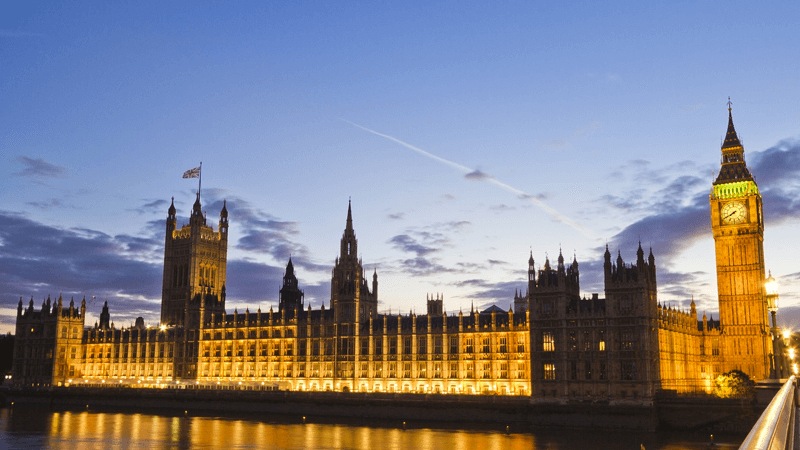Faith communities are “incredibly anxious” about Ofsted, and the organisation must do more to ease their worries, a senior MP has told the organisation’s Chief Inspector.
Robert Halfon, who chairs the Education Select Committee, laid out numerous concerns to Amanda Spielman as she appeared in front of MPs on Tuesday.
Spielman, who has called for schools to promote ‘muscular liberalism’, defended her approach and denied treating faith schools more harshly than secular ones.
Tooth fairy
MPs quizzed Ofsted’s leader on a range of issues and Gateshead MP Ian Mearns, whose constituency includes a large Jewish community, took up the issue of faith groups.
In 2017 a Jewish school was failed by Ofsted for refusing to promote LGBT interests and last year thousands of Jews called on the watchdog to protect their religious freedom.
Mearns said one parent had summarised the issue as: “I don’t want my child learning about transgender at an age when they still believe in the tooth fairy.”
‘Anti-faith’
Halfon also added his concerns, saying that faith bodies had told him: “Ofsted is now delivering an anti-faith agenda”.
And he said the watchdog needed to do more to allay concerns from responsible faith groups who are fearful about some of its actions.
But the Chief Inspector said: “We are absolutely not anti-faith”, adding, “nor do we inspect faith schools in a different way or with a different intensity to any others”.
Tensions
In February 2018, Amanda Spielman called on schools to promote a “muscular liberalism” to ‘face down’ socially conservative views.
And in front of MPs on Tuesday she said: “We are in a country and a time where there are significant tensions between people who have a strong interest in different protected characteristics.
“It is very easy for someone with a particularly strong interest in one of them to come to feel that it is of overwhelming importance and that everything else that is set out in law must be set aside because their particular area of interest is so strong.”
British values
In 2014, the Government introduced standards requiring schools in England to “actively promote” British values.
Despite positive changes to guidance, Ofsted failed to follow them in many cases. This led to religious schools reporting intrusive and inappropriate questioning of pupils as young as six.
A year later, plans were floated for Ofsted to inspect education settings including Sunday schools.
These were dropped after opposition from Christians and others.


